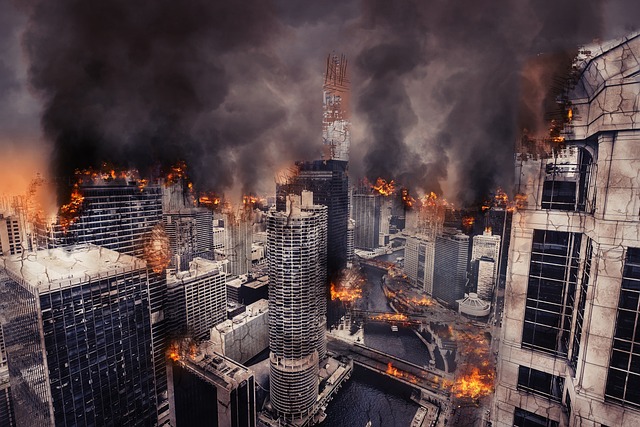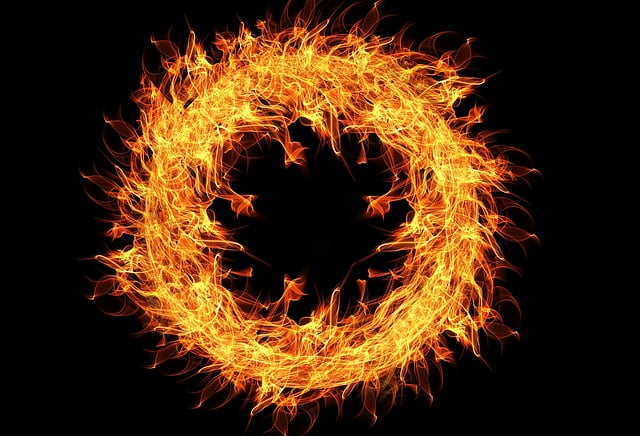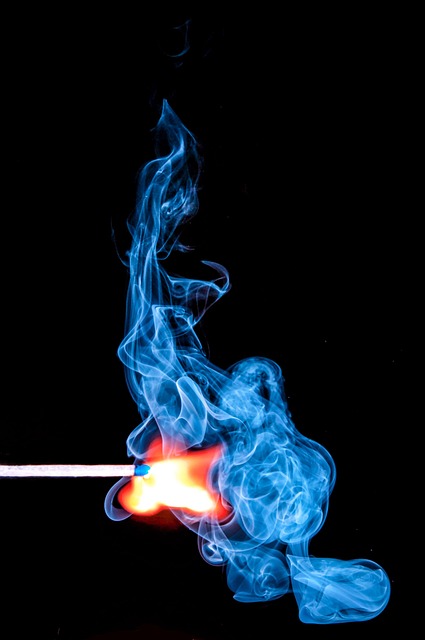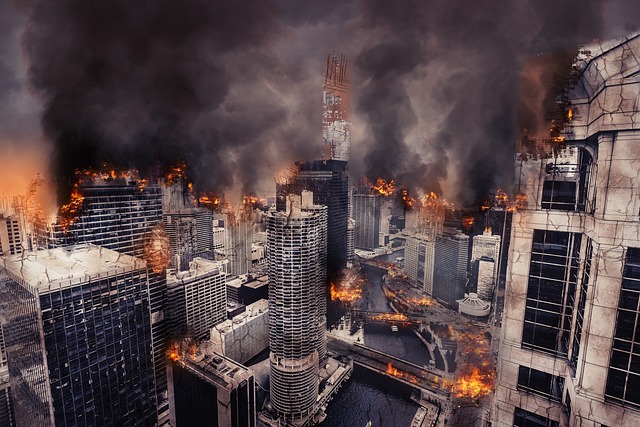Selling a house with fire damage in Chicago requires strict adherence to Illinois' property disclosure laws, which mandate transparent communication about known issues like fire damage, repair history, and potential safety hazards. Non-compliance can lead to legal issues, so sellers must provide detailed reports, conduct thorough inspections, and disclose all material defects in writing to buyers, ensuring informed decision-making and fostering trust. Consulting with a real estate expert or attorney specializing in Chicago property law is crucial for full transparency.
When selling a house with fire damage in Chicago, understanding Illinois’ stringent property disclosure laws is crucial. This comprehensive guide navigates the key aspects of these laws, focusing on fire damage as a critical disclosure requirement. We explore what sellers must reveal during a real estate transaction and delve into the legal implications and best practices for compliance. By adhering to these guidelines, sellers can ensure a smooth process and mitigate potential issues associated with undisclosed fire damage.
- Understanding Property Disclosure Laws in Illinois
- Fire Damage: A Key Disclosure Requirement in Chicago
- What Sellers Must Reveal During a Real Estate Transaction
- Legal Implications and Best Practices for Compliance
Understanding Property Disclosure Laws in Illinois

In the state of Illinois, selling a house with fire damage in Chicago comes with specific legal considerations regarding property disclosure. Understanding these laws is crucial for both sellers and buyers to ensure a smooth and transparent transaction. The primary goal of these regulations is to protect homebuyers by informing them about any known issues or defects that could impact their decision to purchase.
When selling a house with fire damage, Chicago-area residents must disclose relevant information, including the extent of the damage, repair efforts, and any potential safety hazards. This transparency allows buyers to make informed choices and plan for necessary repairs or renovations. Sellers are legally obligated to provide accurate details about the property’s history, especially if there have been previous fires or significant structural issues. Compliance with these disclosure laws is essential to avoid legal repercussions and foster trust between parties involved in the real estate transaction.
Fire Damage: A Key Disclosure Requirement in Chicago

When selling a house with fire damage in Chicago, it’s crucial to understand Illinois’ property disclosure laws. Homeowners are legally obligated to disclose any significant defects or damage to potential buyers, including evidence of previous fires. Fire damage, especially if it has been repaired, falls under this category and must be transparently communicated during the sales process.
In Chicago, real estate transactions are subject to stringent regulations, and non-compliance can lead to legal repercussions. Sellers must provide a detailed disclosure report outlining any known issues, including fire-related incidents, even if repairs have been made. This ensures that buyers make informed decisions and understand the full extent of the property’s history.
What Sellers Must Reveal During a Real Estate Transaction

When selling a house in Chicago, sellers have legal obligations to disclose certain information related to the property’s history and condition. This is particularly important when it comes to any significant issues like fire damage. In Illinois, sellers must reveal relevant details about previous fires, including the date, cause, and extent of the damage. Buyers have a right to know if there was ever a fire in the home, as this could impact their decision and the property’s value.
The state requires a comprehensive disclosure form to be completed by the seller, which includes sections for various property-related matters. Sellers must answer truthfully and accurately about any fire damage, providing details that can help buyers assess potential repairs or adjustments needed before purchasing the Chicago property with fire damage.
Legal Implications and Best Practices for Compliance

When selling a house with fire damage in Chicago, it’s crucial to understand Illinois’ property disclosure laws. Failure to disclose known material defects can lead to legal implications, including fraud or negligence claims if buyers discover issues post-purchase. The consequences may include financial penalties, lawsuits, and even jail time, highlighting the importance of transparency.
Best practices for compliance involve thorough inspections and accurate reporting. Sellers should document all damage from fire, water, or other events, ensuring these are disclosed in writing to potential buyers. Providing detailed information about repairs made, remaining issues, and any known limitations can help avoid disputes later. It’s also advisable to consult with a real estate professional or attorney specializing in Chicago property law to ensure full compliance, protecting both the seller and buyer during the transaction.
When selling a house with fire damage in Chicago, adhering to Illinois’ property disclosure laws is paramount. Understanding these regulations, particularly regarding fire damage disclosures, ensures transparency and protects both sellers and buyers during real estate transactions. By thoroughly revealing any history of fire damage, potential buyers can make informed decisions, while sellers can mitigate legal risks and foster trust. Compliance with these laws is a game-changer for smooth and fair real estate dealings in Chicago.






